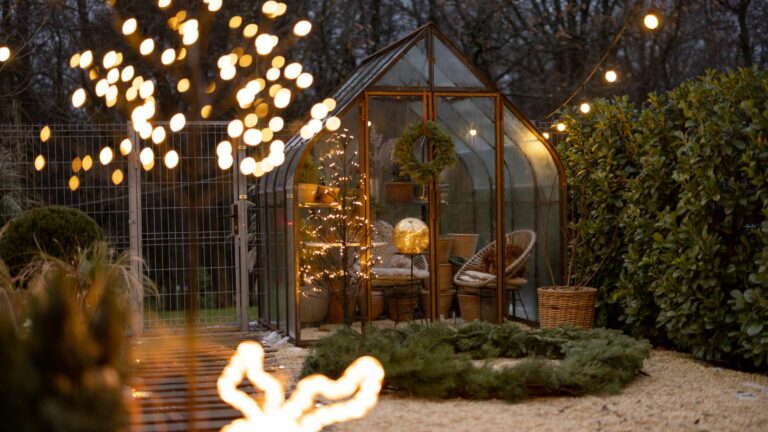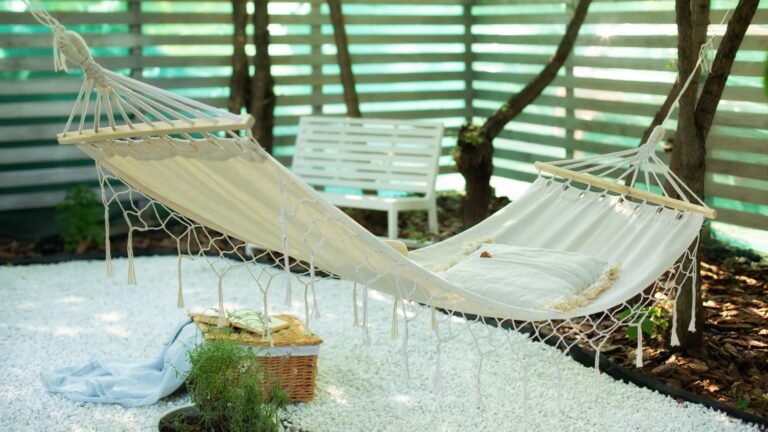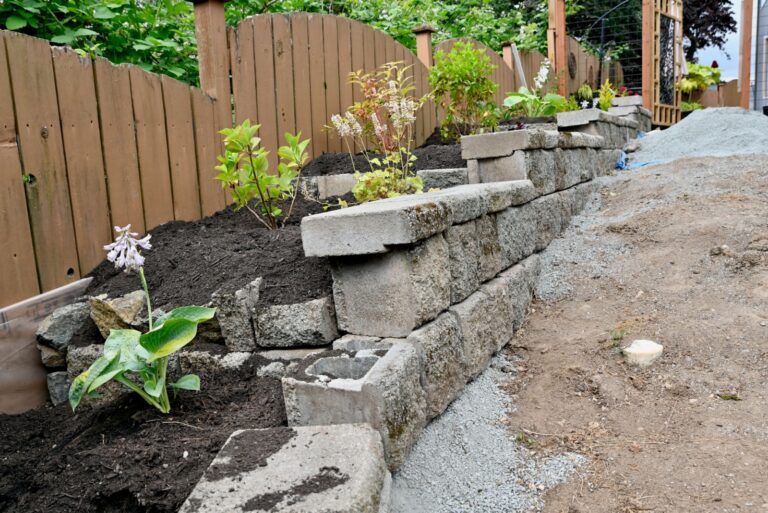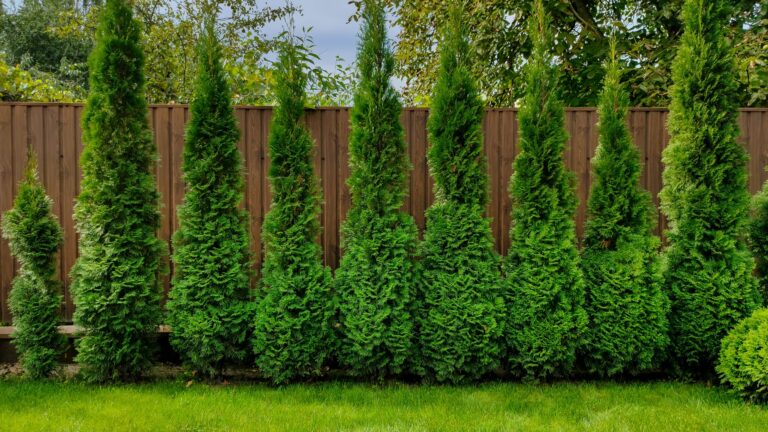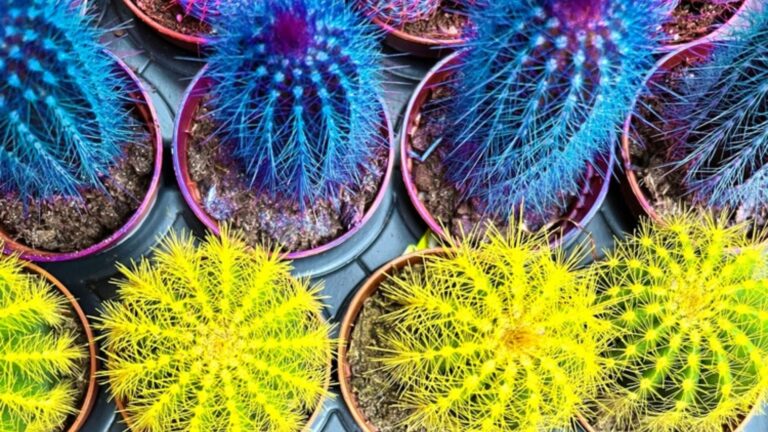The Privacy Tricks California Gardeners Are Using That Looks Designer
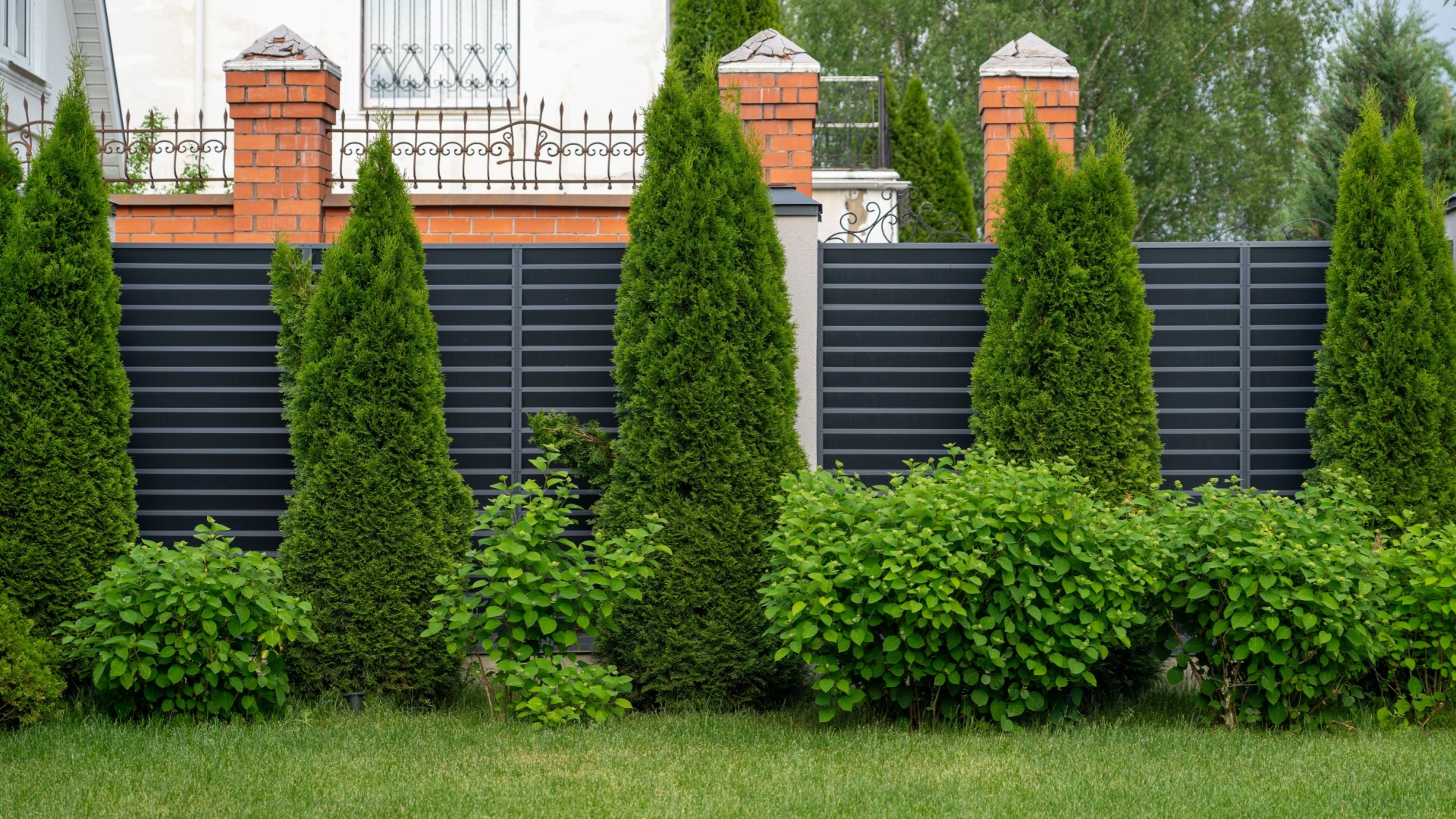
Your backyard should feel like a retreat—not a fishbowl. California gardeners are getting creative with privacy tricks that block views and boost style at the same time. No bulky fences or boring screens—just clever, designer-worthy solutions using plants, layout, and subtle structure.
These ideas don’t just give you privacy—they turn your yard into a space that looks straight out of a magazine.
1. Living Wall Installations
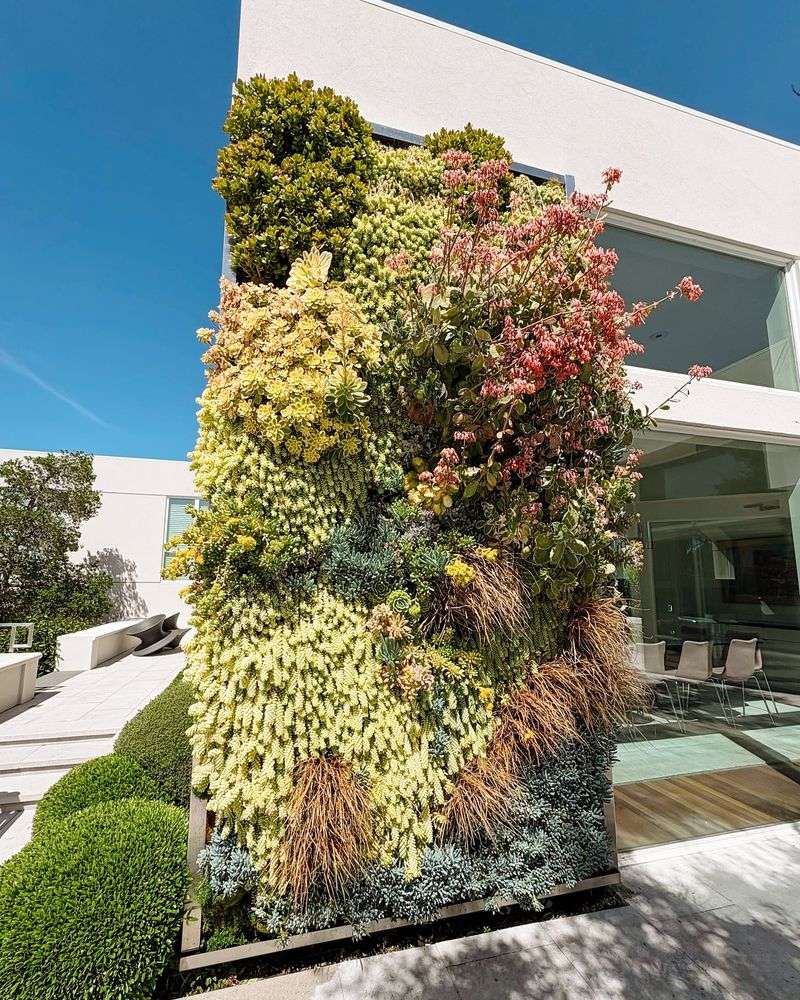
Vertical gardens mounted on frames create stunning living privacy screens. California gardeners love using drought-resistant succulents, ferns, and flowering natives arranged in artistic patterns.
The effect resembles a masterpiece painting while effectively blocking views from neighbors. Many homeowners install irrigation systems with timers to maintain these botanical beauties with minimal effort.
The textural contrast between different plant varieties adds visual interest year-round, making these walls as much about artistic expression as they are about privacy.
2. Bamboo Groves
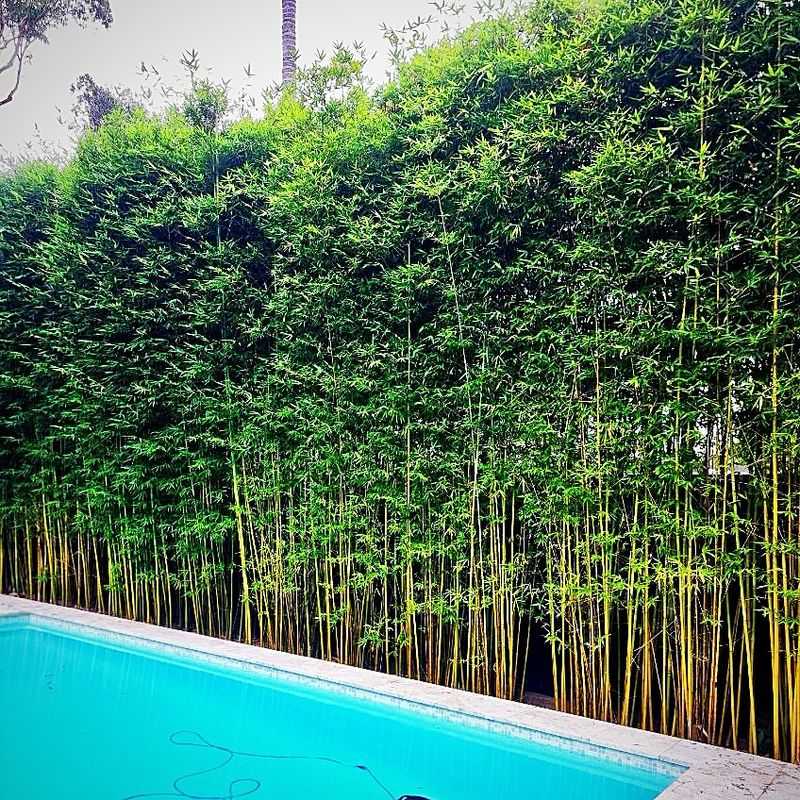
Clumping bamboo varieties create natural privacy screens without the invasive spreading habits of running bamboo. The tall, elegant stalks sway gently in the breeze, creating a peaceful atmosphere.
Planted in sleek metal troughs or modern concrete planters, bamboo adds an architectural element to garden design. The vertical lines draw the eye upward, making spaces feel larger.
Golden, black, or striped bamboo varieties offer visual interest while providing dense screening within just a couple of growing seasons.
3. Movable Screen Systems
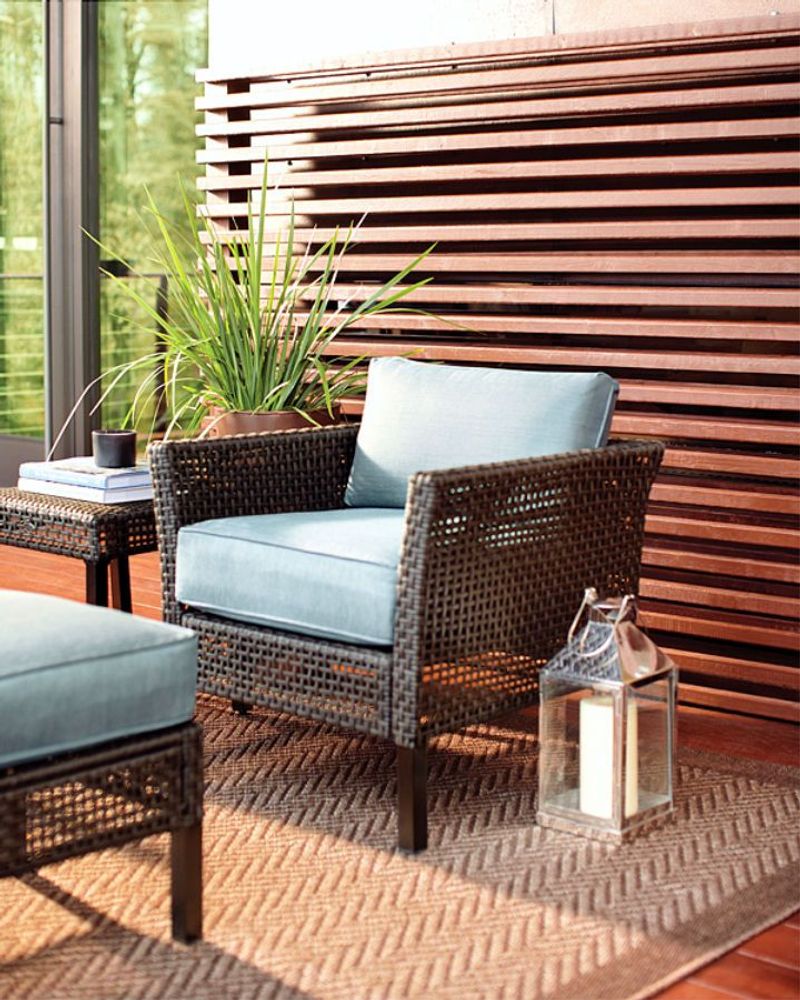
Modular privacy panels on wheels allow California gardeners to reconfigure outdoor spaces as needed. Made from weather-resistant materials like cedar, metal mesh, or synthetic fabrics, these screens adapt to changing entertainment needs.
Many feature built-in planters where trailing vines or flowers soften hard edges. Some homeowners commission custom screens featuring laser-cut designs that cast artistic shadows.
During parties, the screens create intimate conversation areas; when solo relaxation calls, they block street views completely.
4. Strategic Tree Placement
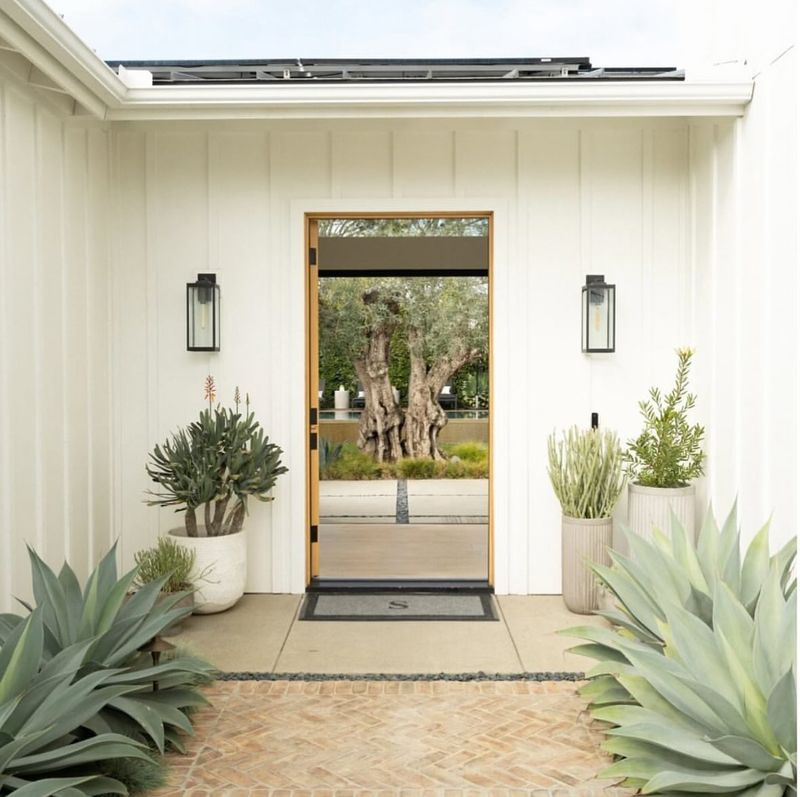
Olive trees with their silvery foliage create dappled shade and natural screening. California gardeners position these Mediterranean beauties in oversized terracotta or concrete vessels for instant privacy.
The twisted trunks add sculptural interest even in winter months. Citrus trees serve double duty – screening views while providing fragrant blossoms and edible fruit.
Japanese maples work well for screening second-story windows, their delicate red foliage filtering light beautifully while obscuring sightlines from neighboring balconies.
5. Outdoor Fabric Canopies
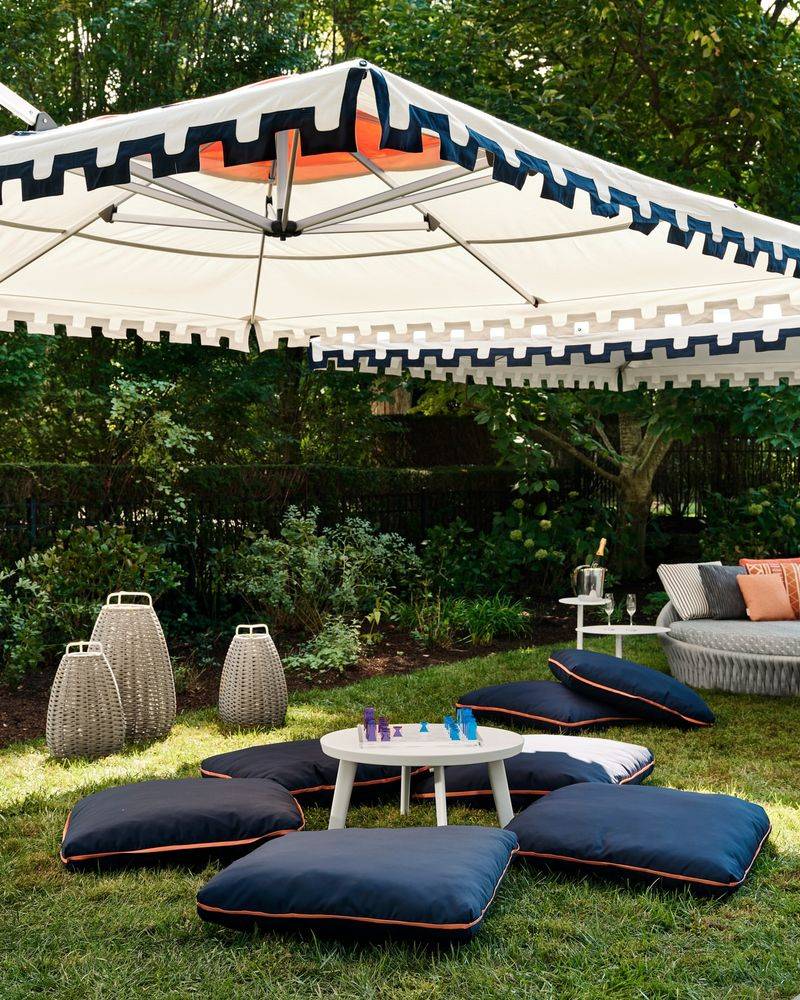
Sailing-inspired fabric panels stretch overhead between posts or buildings, creating shade and visual barriers from upstairs neighbors. Weather-resistant materials in earth tones or vibrant colors add designer flair.
Retractable systems allow adjustment based on sun position or privacy needs. Some gardeners layer multiple fabric pieces at different heights for a sculptural effect.
Evening gatherings feel especially intimate under these canopies, with string lights woven through for a magical atmosphere that draws attention upward rather than outward.
6. Repurposed Architectural Elements
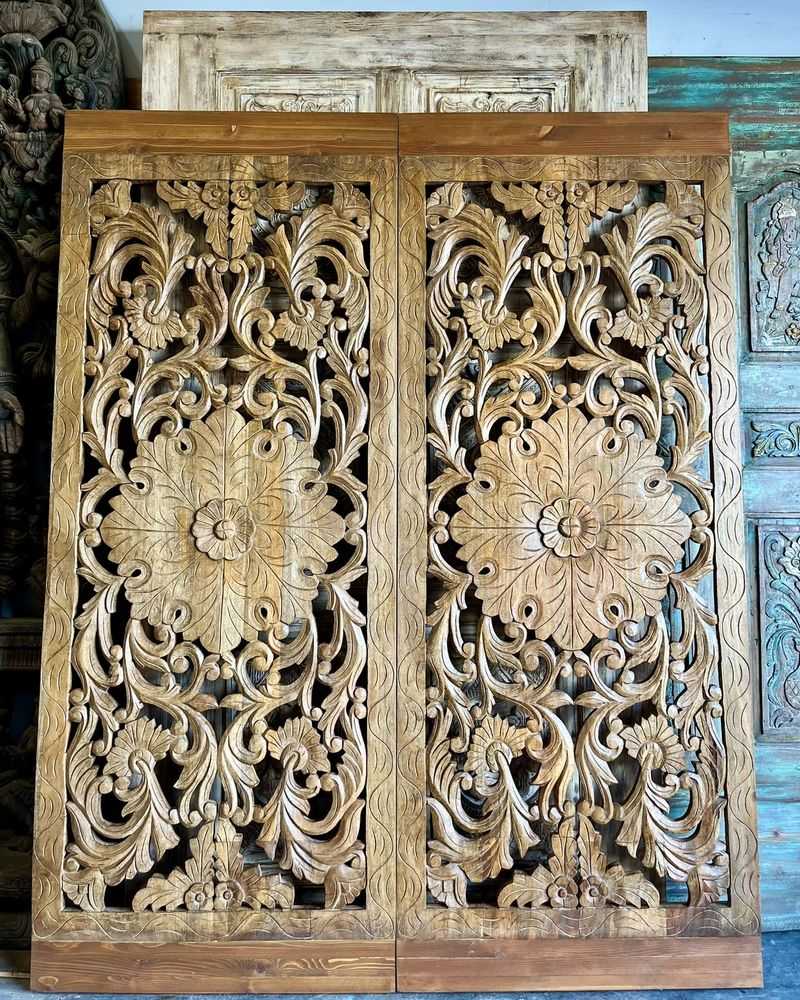
Salvaged doors, antique windows, and vintage gates find new life as garden privacy screens. California designers mount these treasures in steel frames or suspend them from pergolas to create artistic divisions.
Stained glass elements cast colorful patterns when the sun shines through. Old shutters, painted in coastal-inspired blues and whites, bring beach charm while blocking neighboring views.
Unlike mass-produced screens, these one-of-a-kind installations become conversation pieces that tell stories while serving practical privacy needs.
7. Sculptural Concrete Walls
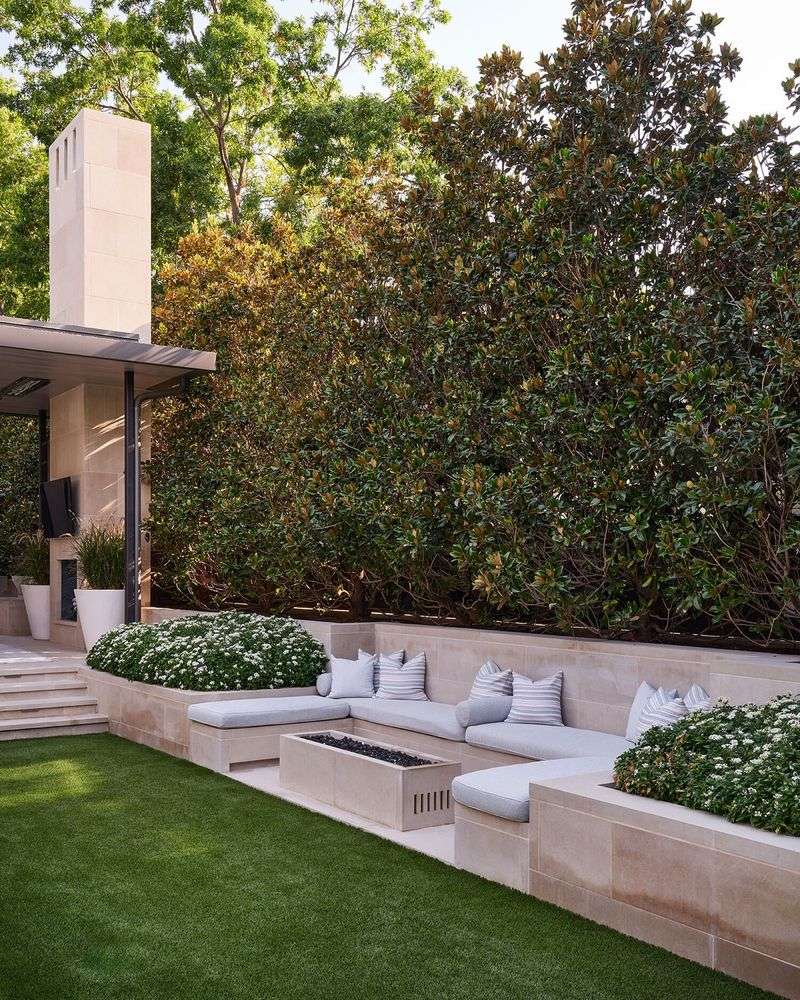
Poured concrete privacy walls with geometric cutouts provide security while playing with light and shadow. Far from boring, these architectural elements become garden focal points.
Some feature embedded glass or metal accents that catch sunlight. California gardeners often commission custom designs that reference local landscapes – wave patterns near the coast or mountain silhouettes inland.
Climbing vines soften concrete edges while adding seasonal color changes, creating privacy screens that evolve throughout the year.
8. Tiered Plant Layers
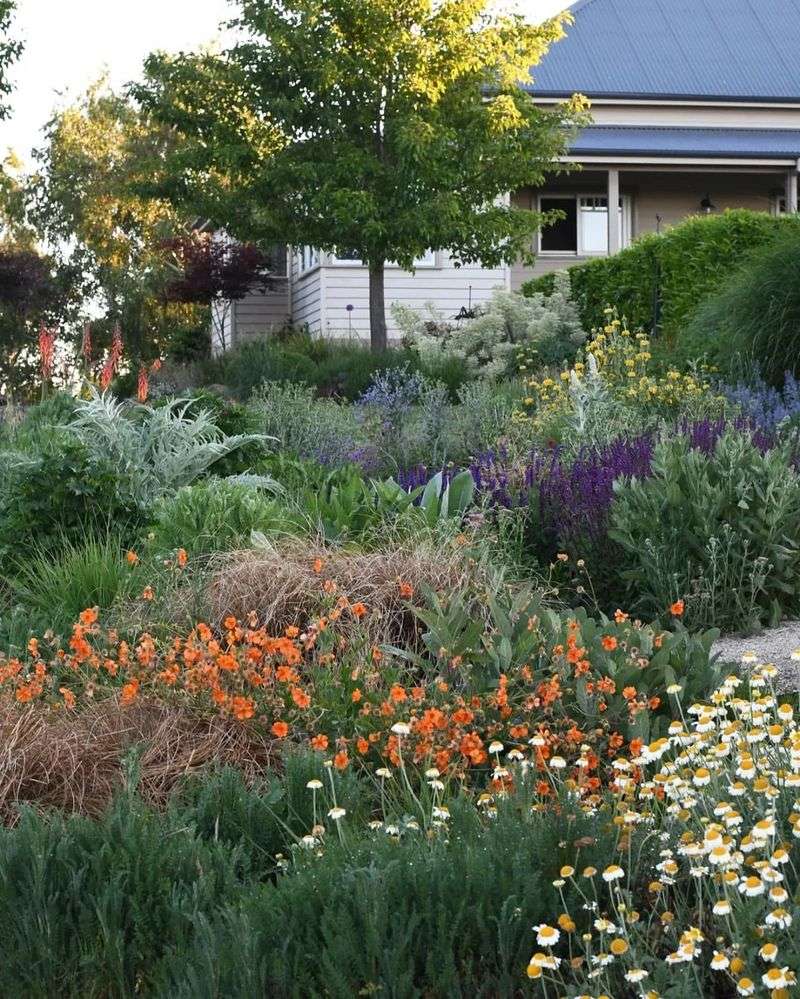
Strategic layering of plants at different heights creates depth while blocking sightlines. Tall ornamental grasses like feather reed grass form the backdrop, their graceful plumes swaying above sturdy shrubs.
Middle layers feature evergreen shrubs that maintain privacy year-round. California gardeners favor manzanita and ceanothus for their drought tolerance and beautiful blooms.
Foreground plantings of lavender or salvia add sensory elements – brushing against them releases delightful fragrances that enhance the private garden experience.
9. Pergolas with Privacy Curtains
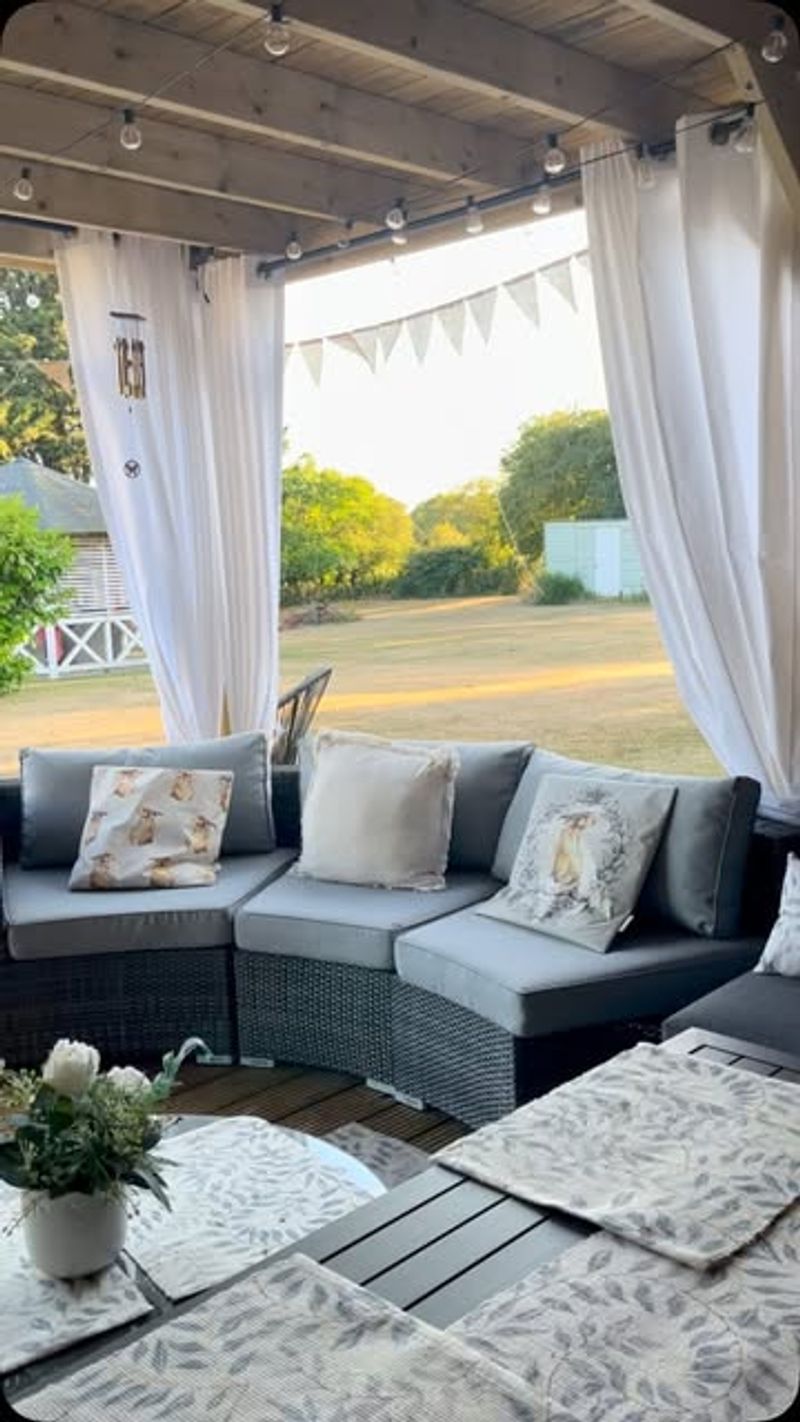
Modern pergolas equipped with weather-resistant curtains transform open patios into private outdoor rooms. When drawn closed, these flowing fabrics create instant seclusion for intimate gatherings.
Unlike fixed walls, curtains can be opened to connect with the broader landscape when desired. Many California homeowners choose materials that filter light beautifully while standing up to intense sunshine.
Neutral colors complement natural surroundings, while bold patterns make style statements that reflect personal design preferences.
10. Espalier Fruit Trees
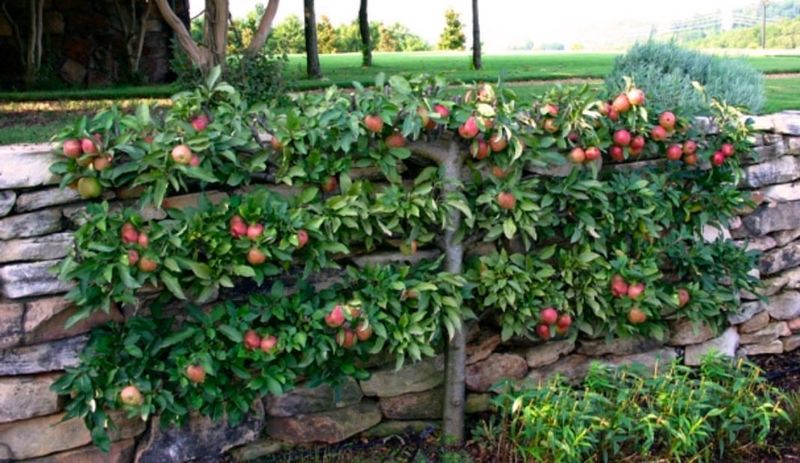
Ancient technique meets modern design with fruit trees trained flat against walls or fences. California gardeners love espaliered citrus, fig, and apple trees that provide privacy while producing edible harvests.
The formal patterns – candelabra, Belgian fence, or cordon – add architectural interest even in winter when leaves drop. Growing against sunny boundary walls maximizes limited space in urban yards.
Unlike typical privacy solutions, these living screens change seasonally – from spring blossoms to summer fruit to fall color.
11. Oversized Planters with Specimen Plants
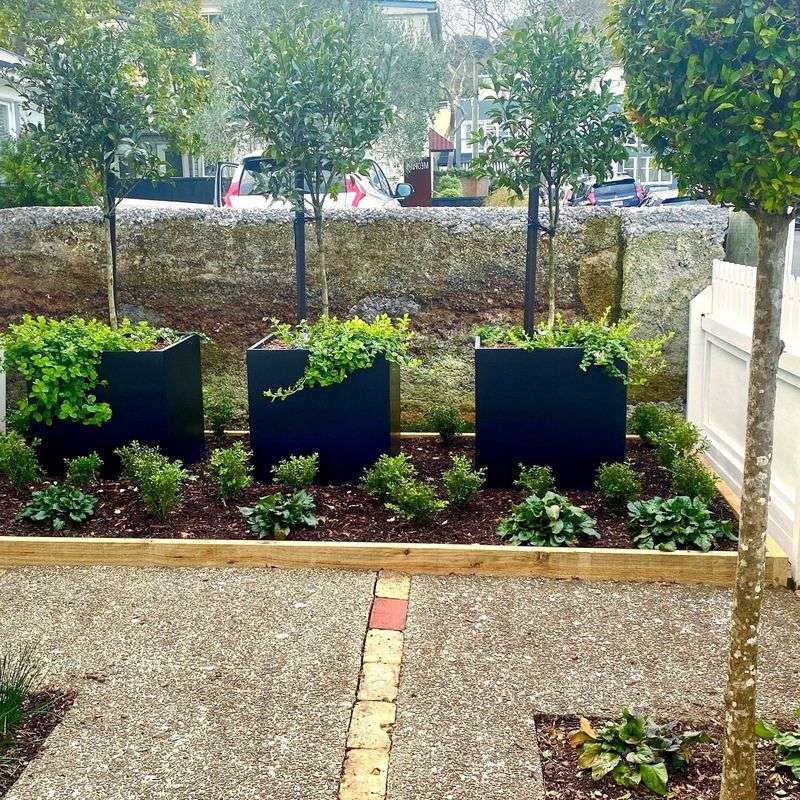
Large-scale containers positioned strategically create instant privacy zones. California designers favor bold statement plants like giant bird of paradise, tree aloes, or mature olive trees.
Concrete or Corten steel planters add industrial chic to contemporary landscapes. The height difference between seated guests and towering plants creates psychological privacy even in open settings.
Grouping several large containers creates natural boundaries for outdoor dining areas while maintaining an uncluttered, designer aesthetic.
12. Water Wall Features
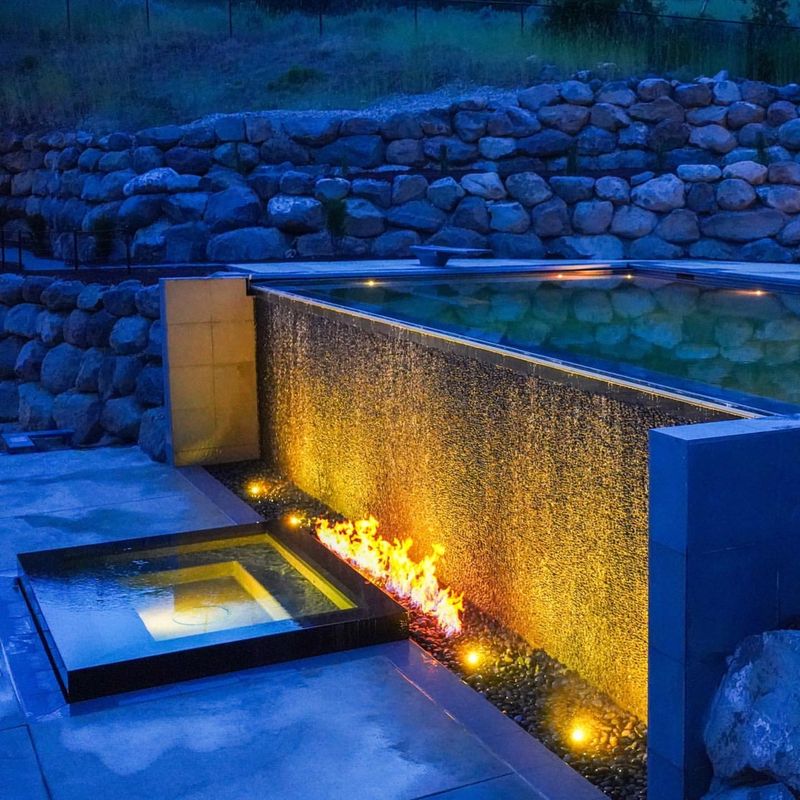
Flowing water cascades down textured panels, creating both visual privacy and soothing sound barriers. These contemporary features mask neighborhood noise while adding a resort-like atmosphere to California gardens.
LED lighting transforms water walls into evening focal points, drawing attention away from boundary areas. Many homeowners incorporate recycled water systems for sustainability.
Copper, stone, or glass panels develop beautiful patinas over time, making these privacy screens more interesting as they age in the California elements.
13. Horizontal Slat Screens
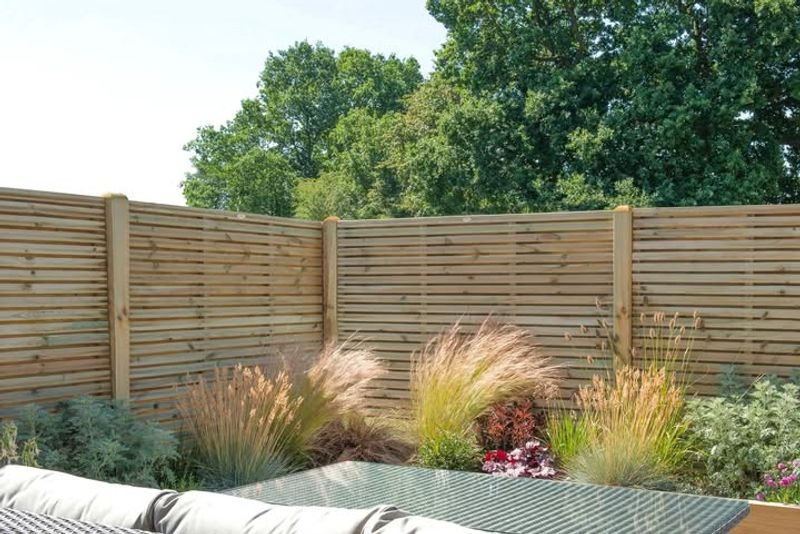
Precision-spaced cedar or ipe wood slats create semi-transparent barriers that allow breezes while blocking direct views. The horizontal lines make small spaces feel wider and more expansive.
California gardeners appreciate how these screens filter harsh sunlight into gentle patterns. Many homeowners incorporate hidden lighting between slats for dramatic evening effects.
Unlike solid fences, these designer screens connect spaces visually while still maintaining the privacy needed for outdoor showers or hot tubs.
14. Glass Block Dividers
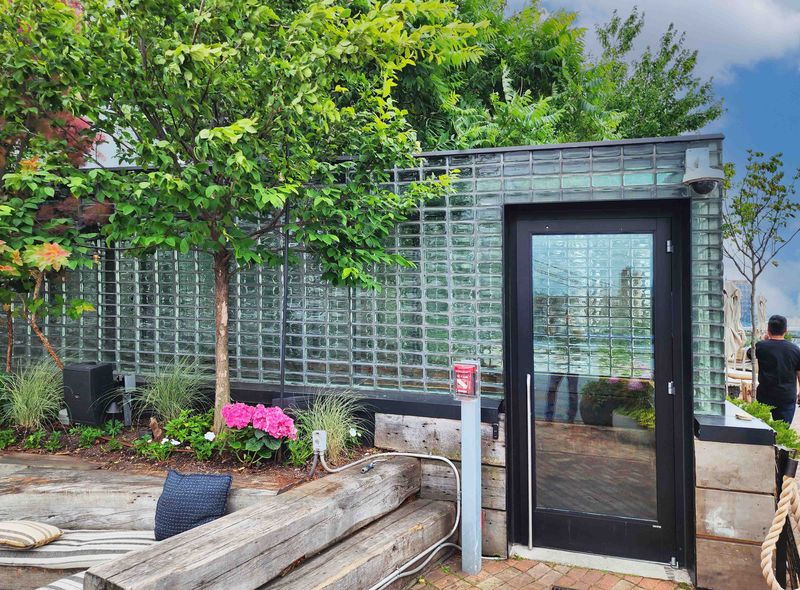
Translucent glass block walls bring light into shaded areas while maintaining complete privacy. California designers arrange blocks in creative patterns – waves near coastal homes or mountain silhouettes in foothill properties.
Colored glass inserts create beautiful light effects as the sun moves across the sky. Unlike traditional privacy screens, these structures work equally well as room dividers or garden boundaries.
The smooth surfaces reflect water features or garden lights, doubling visual impact while serving practical privacy needs.
15. Climbing Plant Trellises
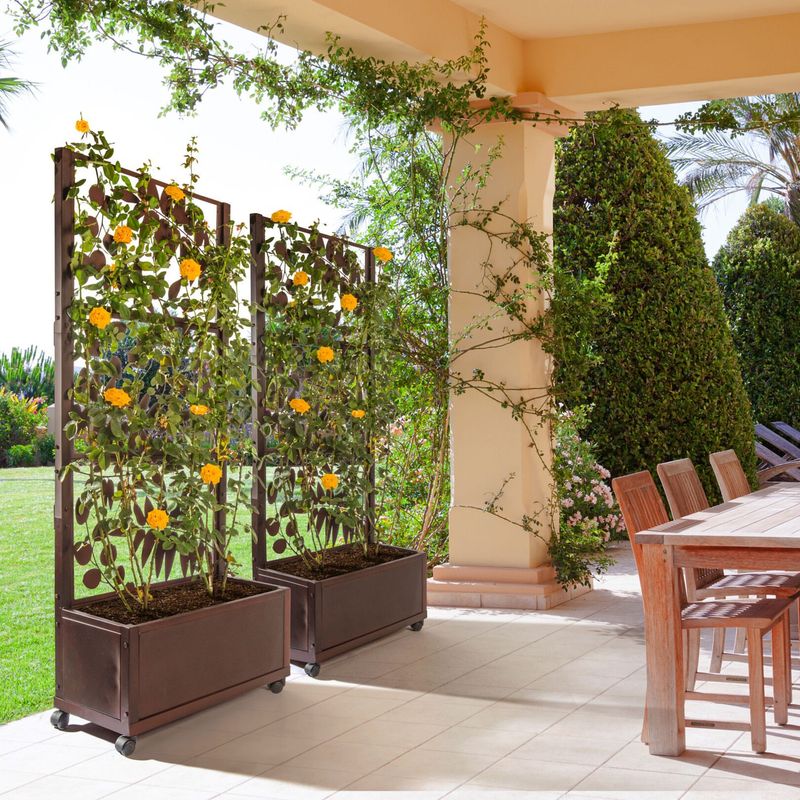
Custom metal frameworks support fast-growing vines that create living curtains between properties. California gardeners favor passion flower, jasmine, or native clematis for their abundant blooms and dense coverage.
Geometric trellis designs become sculptural elements in winter when some vines lose leaves. The open frameworks allow cooling breezes while still screening views when plants mature.
Unlike solid barriers, these green screens improve air quality and provide habitat for beneficial insects and birds, bringing nature into urban settings.


